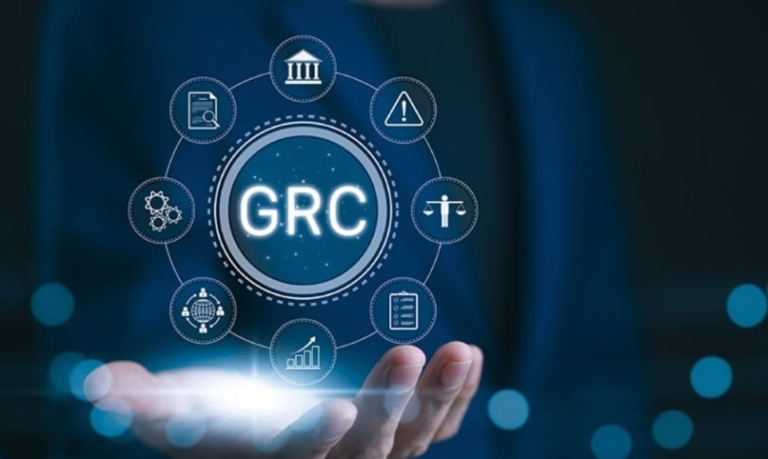How Blockchain Is Empowering the Real Estate Industry
Blockchain technology is fundamentally transforming the real estate sector by introducing a level of transparency and efficiency previously unattainable. Its application through smart contracts automates transactions, minimizing the need for intermediaries and significantly cutting costs. Furthermore, the ability to tokenize properties opens the door for fractional ownership, making real estate investments accessible to a broader audience. As these changes unfold, the implications for traditional real estate practices and market dynamics warrant closer examination.
Understanding Blockchain Technology in Real Estate
Although the concept of blockchain is often associated with cryptocurrencies, its potential applications extend far beyond digital currencies, particularly in the realm of real estate.
Smart contracts automate transactions, enhancing efficiency while reducing the need for intermediaries.
Furthermore, property tokenization allows for fractional ownership, democratizing access to real estate investments.
Together, these innovations empower individuals, fostering a more liberated and accessible property market.
See also: How Big Data Is Reshaping Customer Experiences
Enhancing Transparency and Trust
Transparency is a cornerstone of trust in real estate transactions, and blockchain technology significantly enhances this essential attribute.
By providing immutable records of property provenance, blockchain fosters confidence among buyers and sellers. Digital ownership is clearly delineated, reducing disputes and ensuring accountability.
This newfound transparency empowers individuals, promoting a freer market where participants can engage with assurance, transforming the dynamics of real estate exchanges.
Streamlining Transactions and Reducing Costs
The introduction of blockchain technology into real estate transactions not only enhances transparency but also plays a pivotal role in streamlining processes and reducing costs.
By utilizing smart contracts, parties can automate agreements, minimizing reliance on intermediaries.
Additionally, property tokenization allows fractional ownership, lowering entry barriers and increasing market liquidity.
Together, these innovations create a more efficient, cost-effective real estate ecosystem.
The Future of Real Estate With Blockchain
As blockchain technology continues to evolve, its integration into the real estate sector promises to reshape the landscape significantly.
The implementation of smart contracts streamlines transactions, enhancing security and efficiency.
Moreover, tokenization benefits allow fractional ownership, democratizing access to real estate investments.
This convergence of innovation could empower individuals, fostering a more liberated and equitable property market in the near future.
Conclusion
In conclusion, blockchain stands as a beacon of innovation in the real estate industry, illuminating pathways toward greater transparency, trust, and efficiency. By automating transactions and enabling fractional ownership, it dismantles traditional barriers, inviting a diverse array of investors to partake in real estate opportunities. As this technology continues to evolve, it promises to reshape the landscape of property transactions, fostering a more inclusive and equitable ecosystem that reflects the values of modern society.







